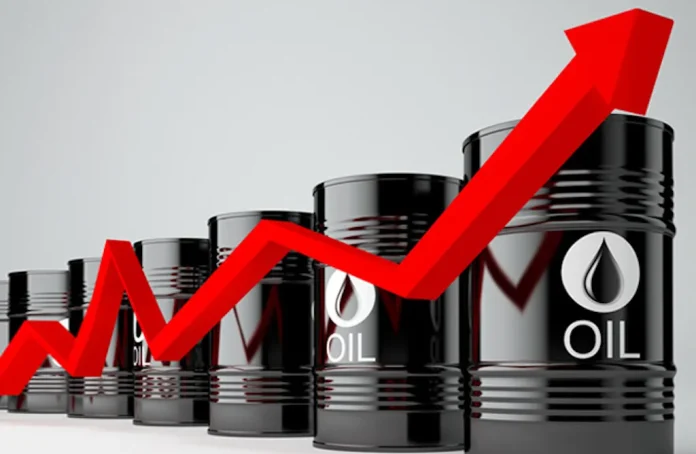Crude oil prices rose on Thursday, driven by optimism over China’s economic recovery and demand expectations. Brent crude, the international benchmark, climbed to $73.25 per barrel, while the US benchmark, West Texas Intermediate (WTI), increased to $70.10 per barrel.
The uptick came amid thin trading volumes due to the Christmas holiday season but was buoyed by news of China’s decision to inject 3 trillion yuan in special treasury bonds to stimulate its struggling economy. This move is anticipated to boost demand for crude oil as the world’s largest energy consumer ramps up economic activity.
The market was further supported by higher supply and demand expectations for fossil fuels ahead of US President-elect Donald Trump’s inauguration in January 2025. Analysts predict that the incoming administration’s policies may prioritise traditional energy sectors, potentially increasing demand for crude oil.
Meanwhile, Russia’s oil spill disaster in the Black Sea added a layer of uncertainty to the market. Two Russian tankers were struck by a severe storm on December 15, resulting in one vessel splitting in half and the other running aground.
The spill has devastated the environment around Anapa, a popular resort town, with oil coating sandy beaches and endangering marine wildlife, including seabirds, dolphins, and porpoises. Over 10,000 emergency workers have been deployed to manage the cleanup effort, but the spill has been declared a federal emergency by Russian authorities.
With China’s economic measures likely to bolster oil demand and geopolitical risks influencing supply, analysts anticipate continued volatility in the oil market. The recovery in crude prices provides a glimmer of hope for producers after a challenging year marked by global economic uncertainties.
However, environmental disasters like the Black Sea spill highlight the ongoing risks associated with oil production and transportation, underscoring the need for more robust safety measures in the industry.
As the world looks ahead to 2025, the interplay between economic policies, environmental concerns, and geopolitical developments will remain pivotal in shaping global oil market trends.











